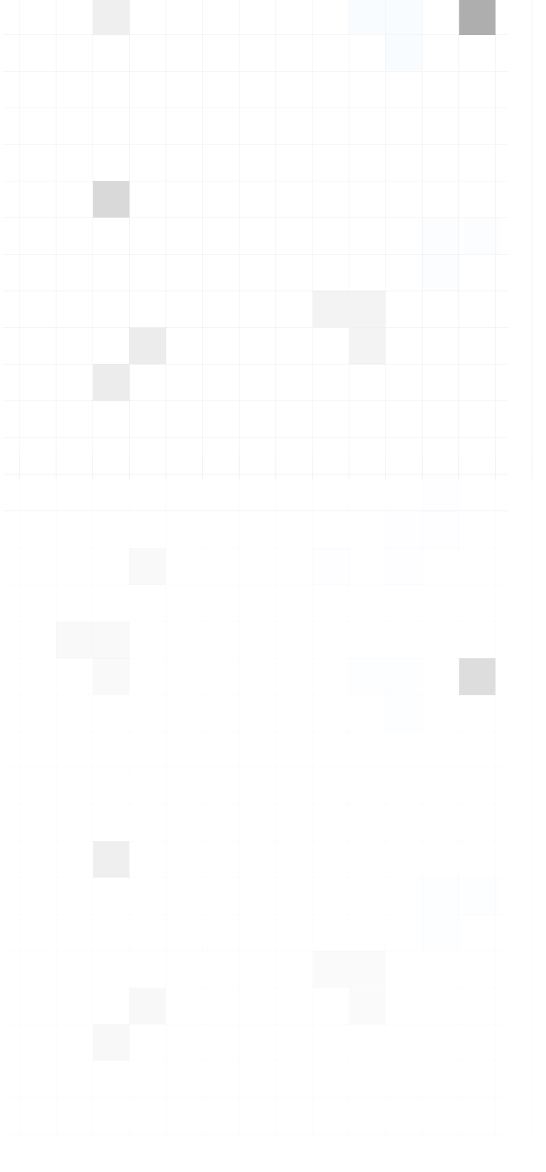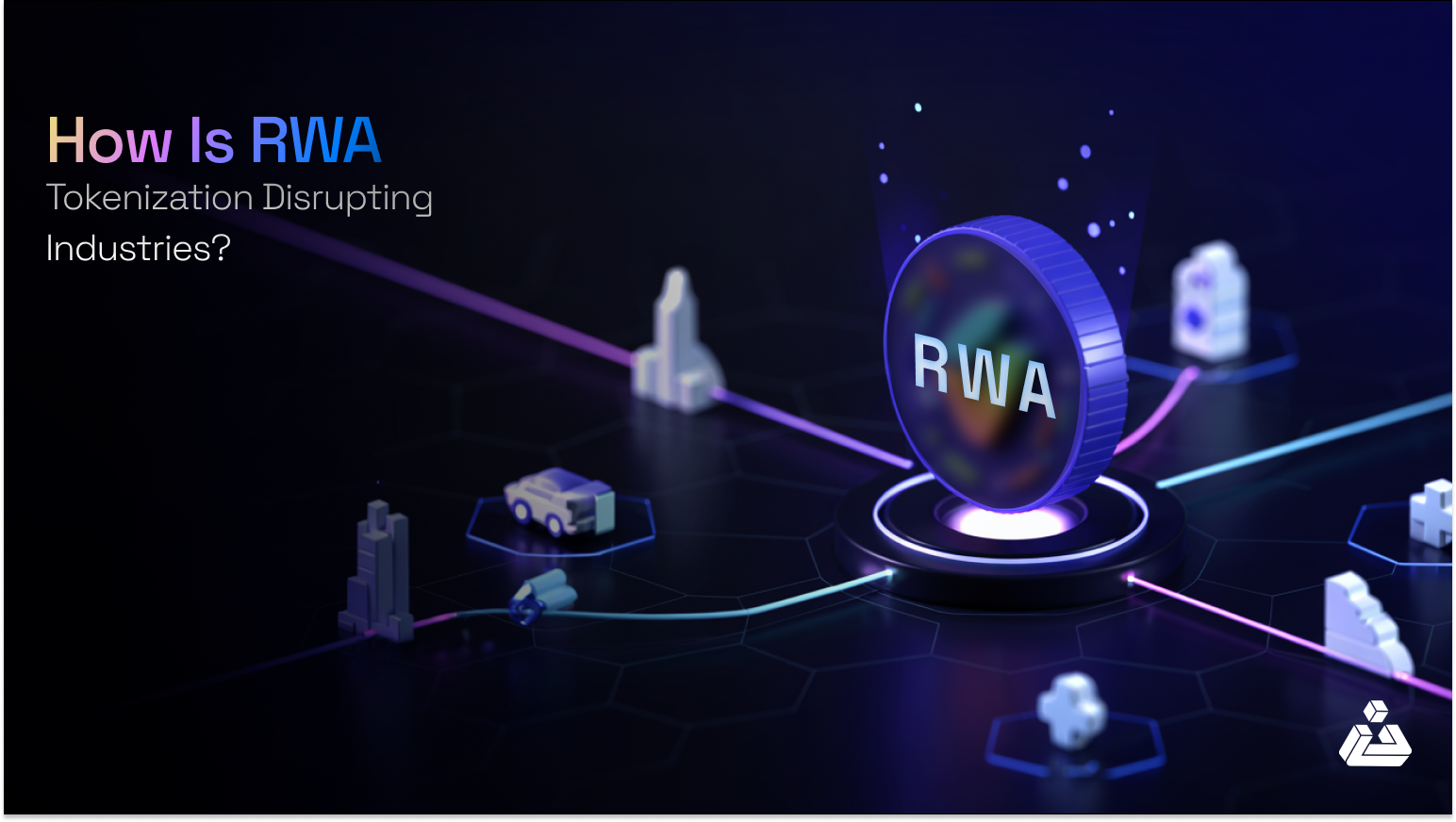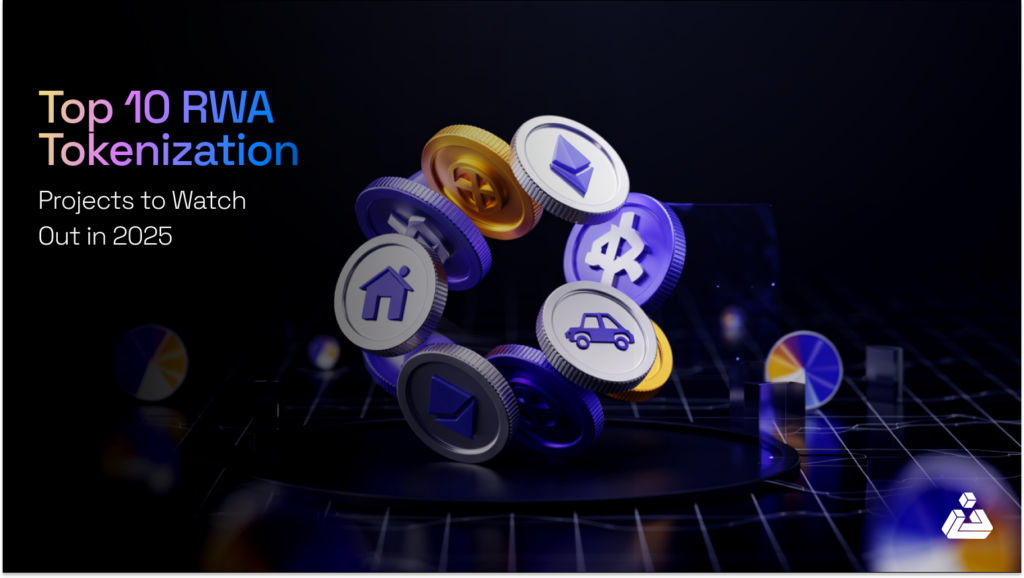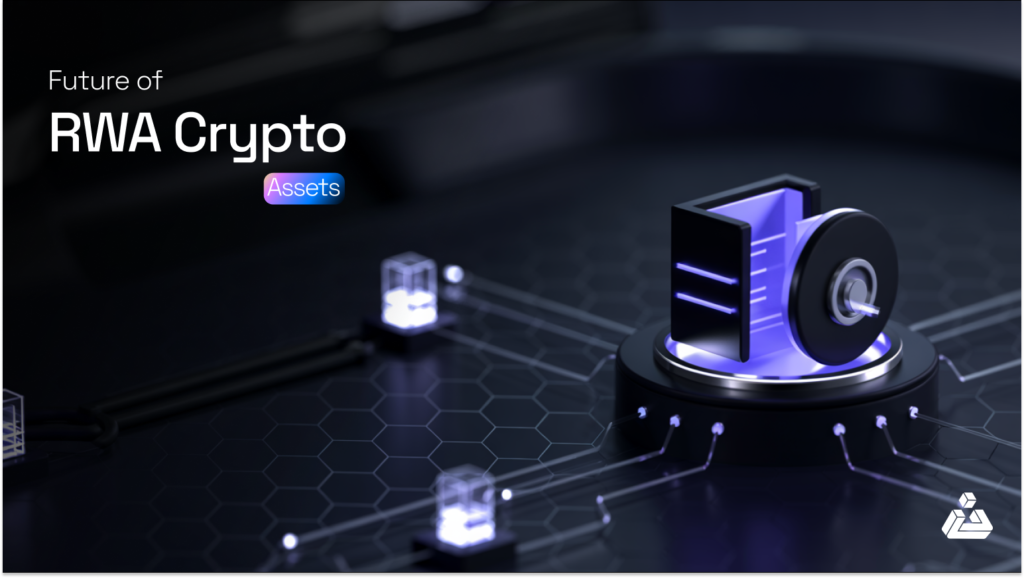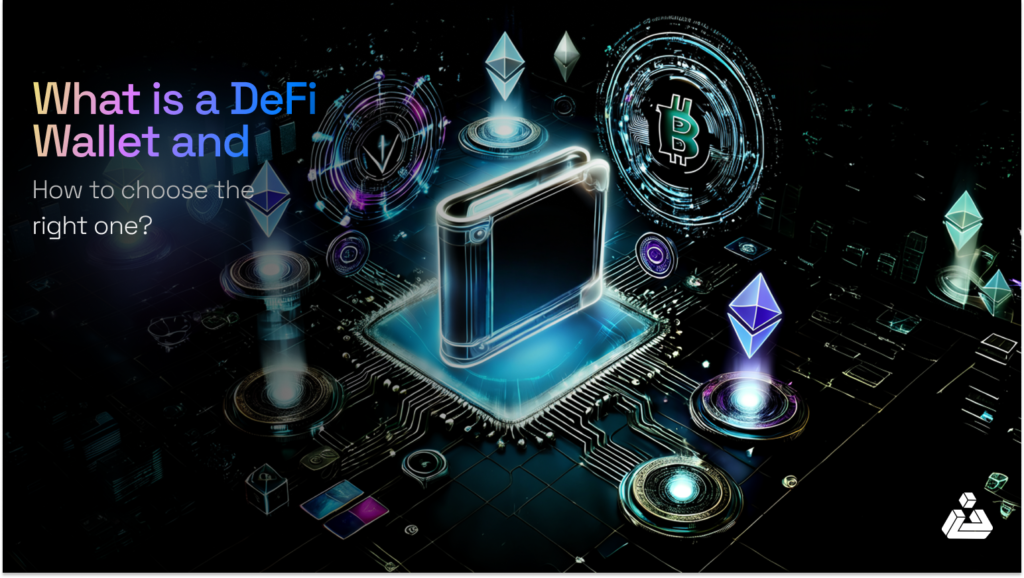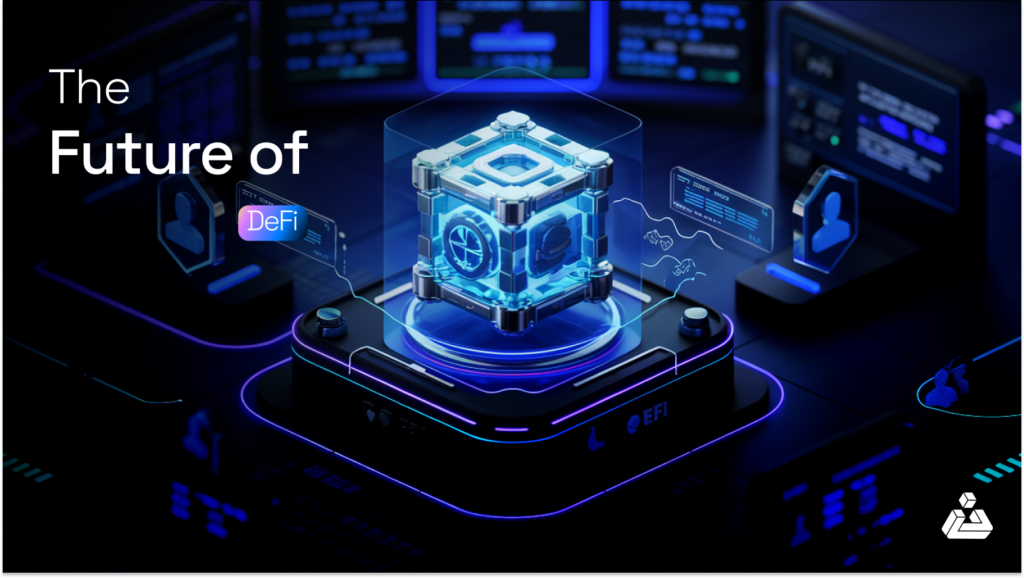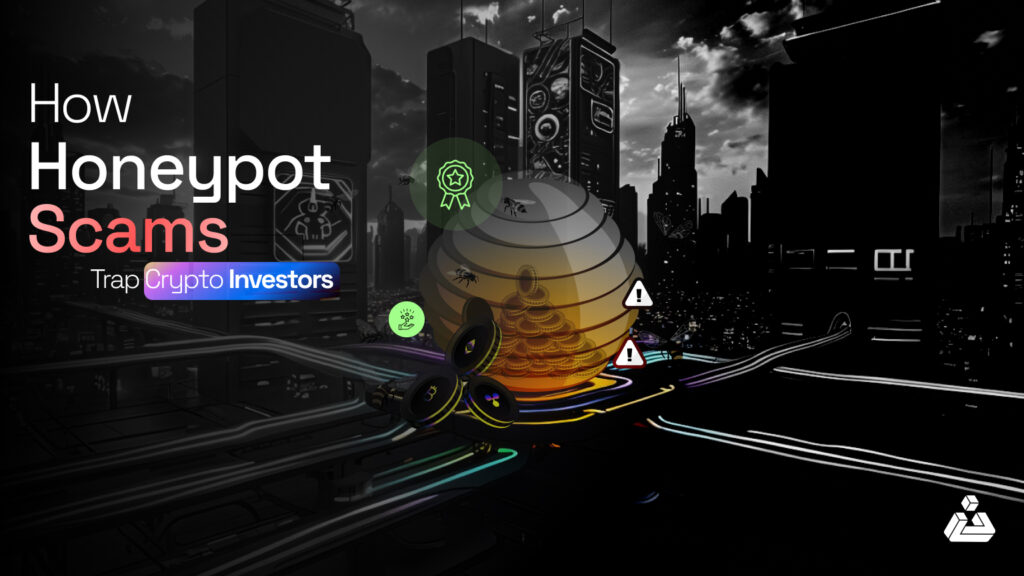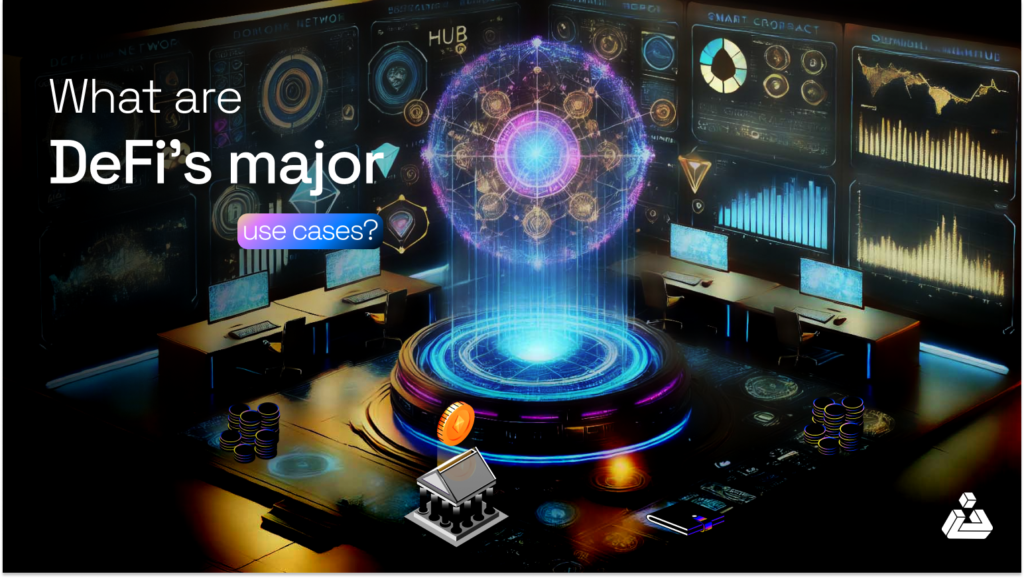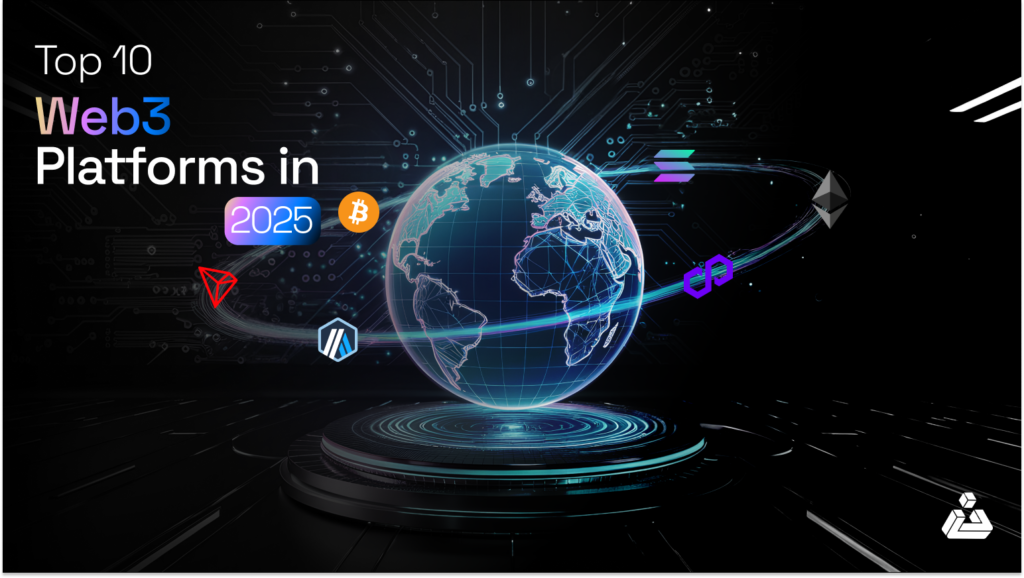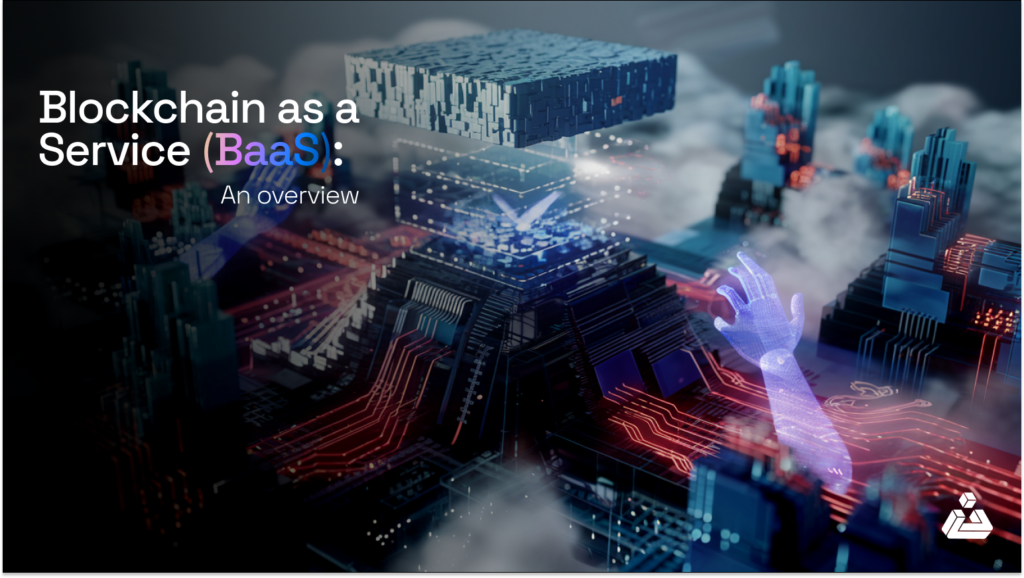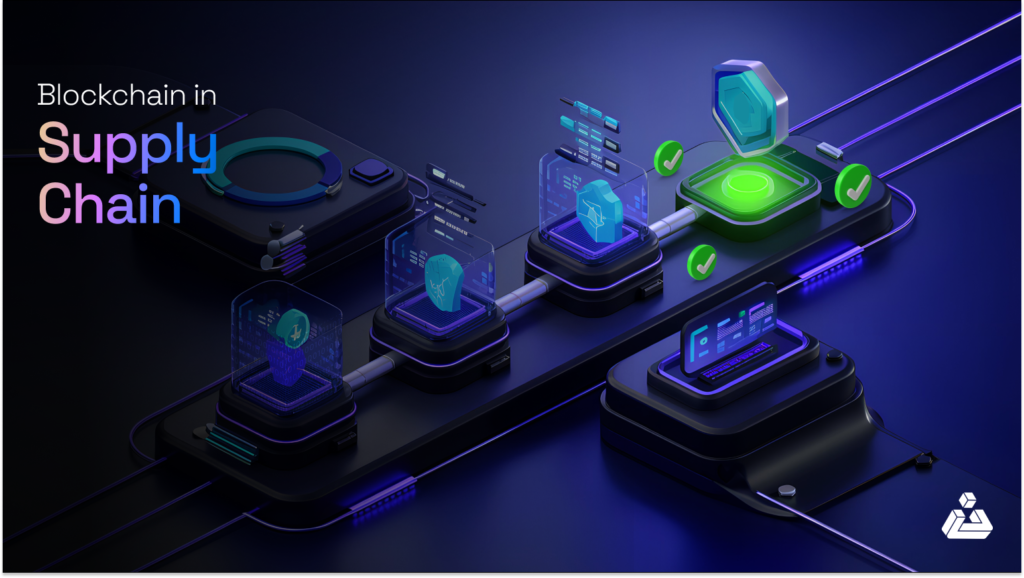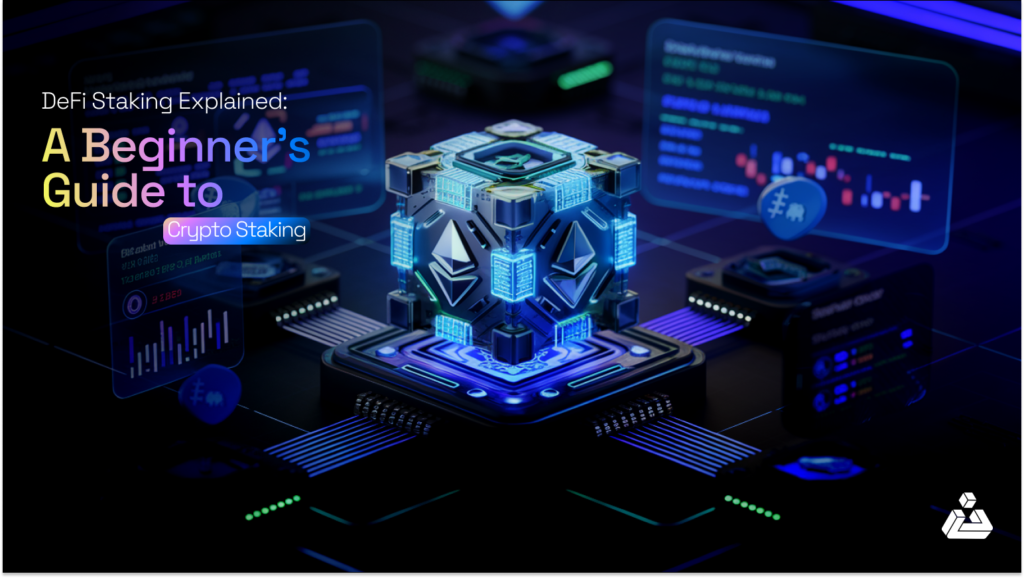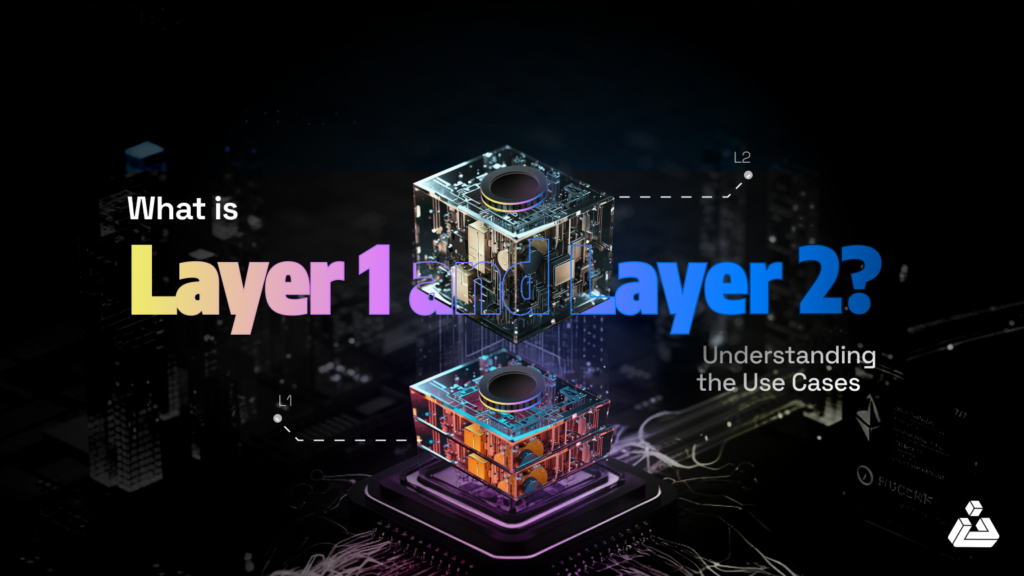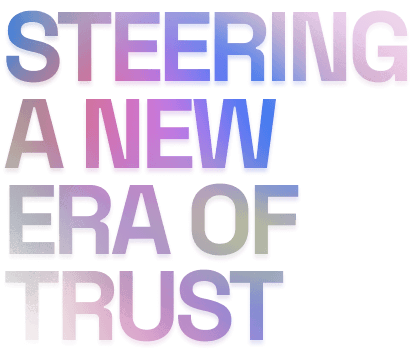Decentralized Science is not a newly discovered idea rather it existed decades ago. Scientists, researchers and technologists have sought ways to make science more transparent, collaborative, and free from gatekeeping.
The only difference between then and now is formalization of the term. The term ‘DeSci’ gained prominence when David Koepsell used it in February 2021 to describe how blockchain could decentralize and democratize scientific workflows.
While the term DeSci is relatively new, the ideas underpinning it, such as open access, decentralization, and democratizing science, have been evolving for decades. Blockchain simply provided the tools to make these ideas more practical and scalable.
In this blog, we’re diving headfirst into the world of Decentralized Science (DeSci) to unravel what it’s all about. How does blockchain shake things up for DeSci? What’s broken in traditional research, and how does DeSci take a jab at fixing it? We’ll also chat about the hurdles DeSci faces and spotlight some cool projects leading the charge. Let’s get started!
What is Decentralized Science (DeSci)?
In layman terms, DeSci is integration of decentralized principles with science. Decentralized Science (DeSci) is a movement aimed at transforming the way scientific research is conducted, shared, and funded.
By harnessing blockchain technology, including tokens, NFTs, and DAOs ,DeSci creates an open, transparent, and community-driven scientific ecosystem. At its core, DeSci believes scientific knowledge should be accessible to all, and the research process should prioritize collaboration and transparency.
Lets understand this with an example of how DeSci works would be a crowd-funded science project. If a group of scientists working on finding a cure for a rare disease. Normally, they would need a big pharma company to fund them, which could take years and often involves biases about what gets researched.
With DeSci, anyone, from everyday people to researchers, can pitch in and help fund the project. The data is shared in an equitable way, meaning everyone has equal access, and it’s bias-free, so no single group gets to control what’s studied or how it’s done.
Researchers are rewarded with digital tokens for their work, creating a transparent, fair system that speeds up progress and makes science more accessible to everyone.
In an interview, Ethereum creator Vitalik Buterin referred to decentralized science as a set of concepts focused on answering the question:
“How can emerging open and decentralized technologies improve science?”
–Vitalik Buterin on Decentralized Science, Aging, AI, and Scientific Progress
He further speaks about a key aspect of DeSci, which is the democratization of funding. Through innovative models like quadratic funding which he mentions in great detail in his blog, DeSci empowers communities to fund scientific research based on the collective interest of many, not just the financial capacity of a few.
This ensures that projects with broad public support receive the resources they need, encouraging diversity in research and fostering projects that may not have been prioritized by traditional funding bodies.

Main Features of DeSci
The features of DeSci help define a more open, transparent, and community-driven approach to scientific research, breaking down traditional barriers and fostering equitable collaboration. Here are main five features of DeSci:
Decentralized Funding:
DeSci brings transparency to research funding through community-driven models like crowdfunding with cryptocurrencies or DAOs, ensuring fair allocation of resources.
Transparency & Open Access:
Blockchain ensures research data and findings are publicly accessible, reducing reliance on gatekeeping institutions and promoting open science.
Incentives for Researchers:
Researchers can mint NFTs or use tokens to fund future work and acknowledge contributions, creating a system of fair rewards.
Decentralized Peer Review:
DeSci makes the peer review process transparent and accountable, leveraging blockchain to track contributions and reviews.
Community-Driven Science:
DeSci democratizes research, inviting input from people beyond academia, fostering innovation through diverse perspectives.
How Blockchain Drives DeSci?
Blockchain technology plays a crucial role in empowering DeSci by offering innovative solutions to challenges that have long persisted in the scientific world:
Immutable Data Storage:
Blockchain guarantees that research data remains secure, unaltered, and accessible to everyone.
Smart Contract Automation:
Processes such as funding distribution, collaboration agreements, and peer reviews can be automated, reducing manual effort and minimizing errors.
Decentralized Funding Models:
DAOs allow researchers to raise funds within token-based ecosystems, eliminating the need for traditional intermediaries.
Research Ownership and Credibility:
Tools like IP-NFTs tokenize intellectual property, while Soulbound Tokens (SBTs) verify the credibility and contributions of researchers.
Traditional Science: Overview and challenges of existing academic research
The term ‘science’ broadly encompasses knowledge, processes, and diverse disciplines, divided into branches based on their subject of study.
According to Encyclopedia Britannica, science refers to any system of knowledge about the physical world and its phenomena, relying on unbiased observations and systematic experimentation. At its core, science seeks to uncover general truths and fundamental laws.
The scientific process involves stages such as generating knowledge, securing funding, testing ideas, and applying them in practice. Its primary outputs are knowledge, publications, and intellectual property.
However, the traditional academic system often fails to adequately benefit researchers or their communities. This system faces long-standing issues, including challenges with research funding, peer review, intellectual property ownership, restricted access to research, difficulties in reproducing results, and limited collaboration.
Compounding these problems is the practice of withholding or selectively reporting data for personal gain, which hampers progress and undermines trust in science.

How is DeSci solving problems in TradSci?
Decentralized Science (DeSci) addresses key challenges in traditional science (TradSci) by leveraging blockchain technology and decentralized principles. It enhances transparency by storing scientific data and publications on decentralized ledgers, ensuring universal access and reducing gatekeeping by publishers and institutions.
DeSci streamlines funding allocation through community-driven mechanisms like decentralized autonomous organizations (DAOs) and quadratic donations, enabling faster and fairer resource distribution.
Collaboration improves as researchers worldwide can form decentralized networks, bypassing restrictive academic hierarchies. DeSci rewards contributions like publishing, peer review, and collaboration with tokens, replacing TradSci’s unpaid, opaque systems. By recording all experimental data, including failed attempts, on-chain, DeSci fosters reproducibility and reduces redundant efforts. Researchers also retain intellectual property rights through secure blockchain management, unlike TradSci, where institutions often claim ownership.
DeSci minimizes publication costs by adopting open-access models and promotes trust through citizen science and transparent practices. These innovations democratize knowledge, foster collaboration, and accelerate scientific progress, addressing the inefficiencies of TradSci.
Challenges in Trad Science
Below are some points help us understand ten pain points within the traditional science ecosystem:
Research Funding:
Funding remains limited, slow, and bureaucratic, distracting scientists from research. Early-career scientists face disadvantages, and inadequate funding often stifles critical projects.
Peer Review and Publication:
The process is biased, exploitative, and inefficient, with high costs and little incentive for reviewers. The “publish or perish” culture prioritizes quantity over quality, impacting research reliability.
Intellectual Property (IP):
IP management is cumbersome and often excludes scientists from ownership. Academic institutions struggle with underfunded Technology Transfer Offices.
Collaboration and Communication:
Scientists face isolated work environments, limited global cooperation, and ineffective communication methods. Public engagement and the exchange of best practices remain insufficient.
Reproducibility and Replicability:
The lack of incentive for replication leads to a crisis of irreproducibility, undermining scientific reliability.
Access to Information:
Much scientific knowledge is locked behind paywalls, limiting global access despite initiatives like Open Science and SciHub.
TradSci Vs DeSci
|
Traditional Science (TradSci) |
Decentralized Science (DeSci) |
| Closed, centralized groups control the distribution of funds. | Funding distribution is determined by the public using blockchain mechanisms like DAOs or quadratic donations. |
| Funding decisions involve long turnaround times and lack transparency. | Funding decisions are made in real time with full transparency. |
| Institutions and funding bodies limit researchers’ communication and collaboration. | Researchers collaborate globally in dynamic, decentralized teams. |
| Sharing laboratory equipment is slow and lacks transparency. | Laboratory resources are shared more efficiently and transparently using Web3 tools. |
| Research is published through inefficient, biased, and often exploitative pathways. | Web3 enables trust-based, transparent, and universally accessible publishing models. |
| Peer-review work is unpaid, benefiting for-profit publishers. | Researchers earn tokens and build a reputation for peer-reviewing. |
| Intellectual property is owned by the researchers’ home institution. | Researchers retain ownership of their intellectual property and can distribute it transparently. |
| Publication bias favors experiments with successful results. | All research, including unsuccessful results, is transparently recorded on-chain. |
DeSci Leading Projects

Several groundbreaking projects are pushing the decentralized science movement forward:
- VitaDAO: Aims to advance research on longevity and cancer through community-funded initiatives.
- GenomicDAO: Leverages AI to increase diversity in genetic research.
- OceanDAO: Promotes ethical data usage in scientific endeavors.
- Research Hub: A decentralized platform that encourages collaboration and communication among researchers.
- TruSat: Monitors satellite orbits to tackle the rising issue of space debris.
These projects highlight the transformative power of DeSci in addressing global challenges.
DeSci Challenges
Despite the fast-paced innovation and being able to solve traditional science pain points, there are some still some challenges within DeSci landscape that need attention such as:
Lack of Capital
Funding remains a critical issue in traditional science, and DeSci faces similar challenges. While blockchain-based DeSci offers potential solutions, it currently lacks the capital to compete with traditional science financing and venture capital. However, if DeSci achieves wider adoption, it may attract more investment and address this gap.
Research Quality
In both traditional science and DeSci, the quality of research is a concern. In Web3, the decentralization and accessibility principles could open the gates to unqualified science. Non-specialists in the crypto community may struggle to distinguish quality research from subpar projects. To address this, robust peer reviews, reputation systems (like SBTs), and proper management are crucial for maintaining research quality.
Insufficiently Diverse Participation
DeSci communities tend to represent a narrow segment of society, primarily consisting of crypto enthusiasts and scientists. This lack of diversity can lead to underrepresented perspectives, particularly in areas where women are still underrepresented. The adoption of DeSci must address this imbalance to ensure more inclusive participation and research directions.
Centralization
Despite blockchain’s promise of decentralization, the space is still dominated by a few large networks, such as PoW and PoS. These systems can lead to centralization, where mining cartels or large validators control power. Alternative systems, like Proof-of-Personhood (PoP), can offer more equitable and decentralized structures, which could be beneficial for DeSci projects.
Regulation
DeSci faces a regulatory challenge due to varying laws across countries and the lack of a unified framework. Crypto regulations are subject to frequent changes, posing a risk to DeSci projects, including those involving NFTs, SBTs, and DAOs. Additionally, the legal structure of DAOs, treated as general partnerships, could expose token holders to legal liabilities.
Integration into Conventional Science
DeSci’s aim to improve science should focus on seamlessly integrating new tools into conventional scientific practices. For DeSci to succeed, its tools must be intuitive, invisible, and easy for researchers to incorporate into their daily work, ultimately enhancing the scientific process.
Conclusion
Industry leaders are deeply interested in the potential of DeSci. Key figures like Binance’s Changpeng “CZ” Zhao, Vitalik Buterin of Ethereum, and Coinbase’s Brian Armstrong are exploring ways to use decentralized technologies to overhaul academic research.
CZ has delved into biotech and crypto to accelerate DeSci’s growth, while Buterin envisions blockchain as a tool for more democratic, transparent research funding. Armstrong has backed platforms like ResearchHub to facilitate open scientific collaboration.
DeSci, is the next big thing and this is perfectly rounded up in this X thread for you to explore over the weekend maybe! But we’ll leave you with a summed up version for now.
What makes DeSci so promising is its ability to leverage blockchain and NFTs to repair the traditional, broken funding models for research. Imagine being able to fund groundbreaking research like Einstein’s paper on general relativity through NFT-backed collectibles or intellectual property (IP) NFTs.
This approach could make research papers tradable assets, providing the capital needed to support future scientific innovations. Instead of betting on speculative trends like NFTs of artwork, we can invest in the next wave of scientific minds, funding cures for diseases or exploring fundamental mysteries like dark matter.
BlockApex is actively researching and providing smart contract services to support secure and efficient solutions for DeSci projects. Contact us today to enhance your decentralized research initiatives.




